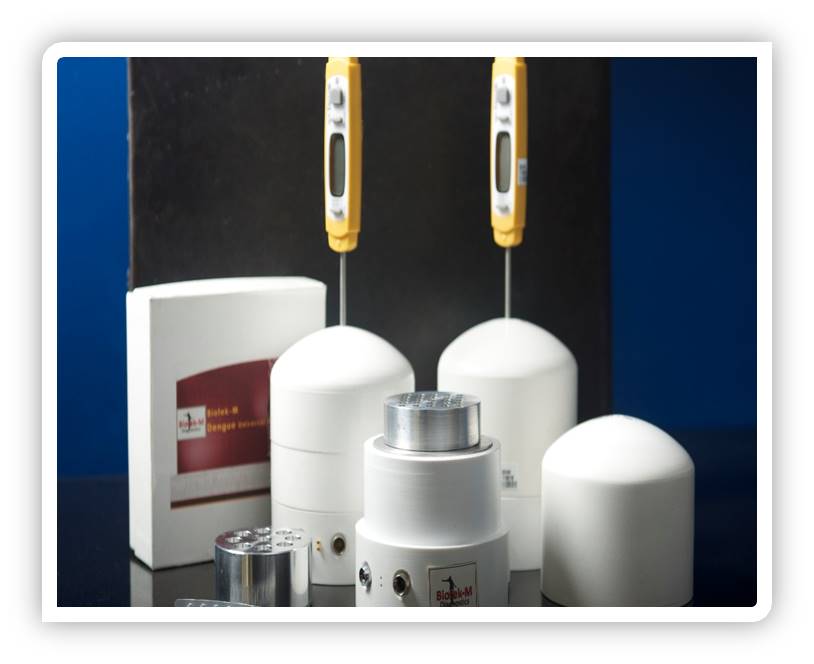
-
Copyright registration and deposit is required by law for the sole purpose of completing the records of the National Library (Section 191 of RA 8293)
-
It allows the author to sue copyright infringement or get an order from legal court to make somebody stop using or copying your work without permission
-
Enables the author to distribute his/her work for commercial purposes or sell his/her right to control over the copyrighted work
Reminders:
- An idea is not copyrightable; an expression of the idea is.
- Copyright is distinct from material object.
- Copyright attaches on the work from the moment of creation.
- Registration and deposit of copyrighted work with National Library, Supreme Court and IPOPHL is prima facie evidence of copyright ownership.
- Fair use is a defense against copyright infringement.
- Plagiarism is a form of copyright infringement. In the academe, it is intellectual dishonesty.
- Before the commercial use of copyrighted work, clear and seek permission/license of copyright owner.
- After the protected period of copyright, the work becomes part of the “free use” public domain.
For more information and assistance in copyright registration and deposit, please contact the TTBDO nearest you.


